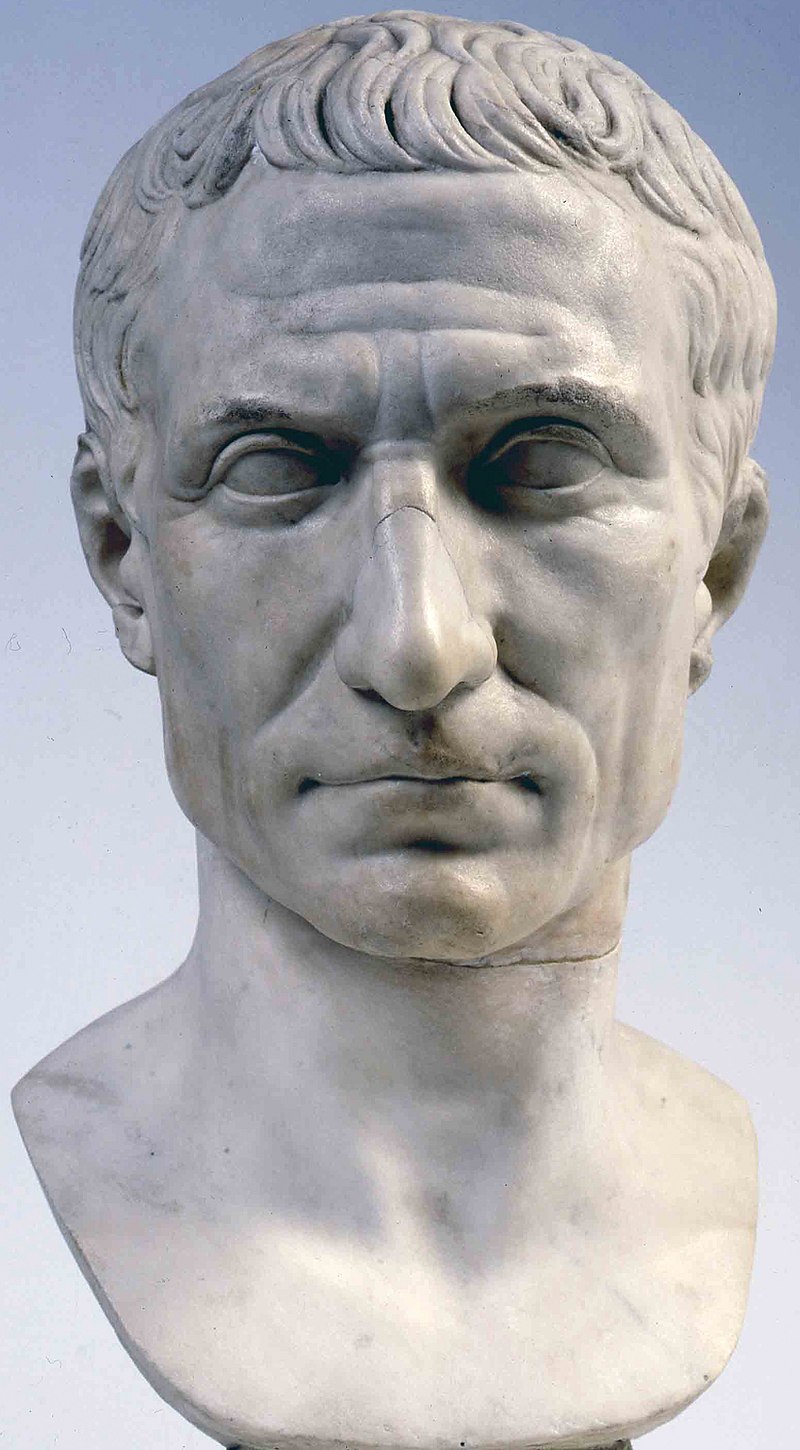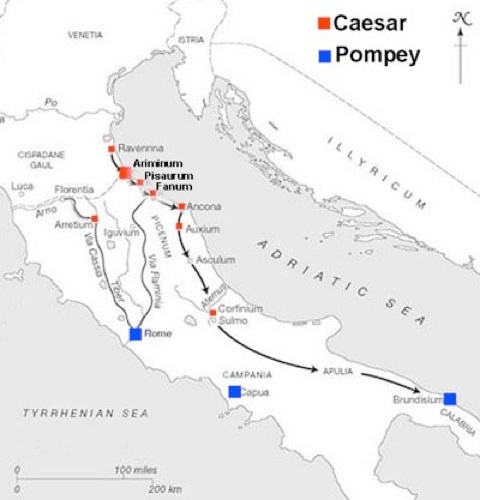Today, we're thrilled to share the remarkable story of one of history's most influential figures - Gaius Julius Caesar. While most know him as a legendary military commander and statesman, we aim to uncover Caesar's lesser-known, but equally impressive contributions to the world of technology and innovation.
When you think of ancient Rome, visions of majestic aqueducts, roads, and fortifications likely spring to mind. What you may not realize is that Caesar himself played a pivotal role in designing and implementing many of these groundbreaking feats of engineering. As a brilliant military strategist, he understood the crucial importance of infrastructure, logistics, and leveraging the latest tools and techniques to gain a decisive advantage on the battlefield.
Beyond his martial acumen, Caesar's insatiable thirst for knowledge and problem-solving prowess led him to make significant strides in surveying, cartography, and even the early development of a lunar calendar. His ability to gather, synthesize, and apply information in novel ways was truly ahead of its time.
In this captivating biography, we'll explore how Caesar's innovative mindset and unwavering determination transformed not only the ancient world, but laid the foundation for many of the technologies we take for granted today. From civil engineering marvels to pioneering data management systems, the mark he left on human civilization is truly awe-inspiring.
So join us as we peel back the layers of myth and legend to uncover the true genius of Gaius Julius Caesar - a man whose name will forever be synonymous with excellence, ingenuity, and the relentless pursuit of progress. His story is one you won't want to miss.

Gaius Julius Caesar (the name Caesar means leader), was the son of a Roman praetor. His aunt was the wife of Marius, and in 83 B.C., Caesar married Cornelia, the daughter of Cinna. Elected pontifex in in 74, Caesar became the leader of the party in overthrowing Sulla's constitution (70).
After a year in Spain as quaestor, he married Pompeia, a relative of Pompey. In 65, as curule aedile, he spent huge amounts of money on games and public building and subsequently became pontifex maximus and praetor. In 61 he obtained the province of Hispania Ulterior and on his return was elected consul. He then reconciled with Pompey and Crassus and together they formed the First Triumvirate in 60 B.C. Caesar gave Pompey his daughter Julia in marriage while he married Calpurnia. Then he obtained the provinces of Gallia Cisalpina, Gallia Transalpina, Illyricum and ultimately Gaul (58), thus completing the subjugation of the west to Rome. He drove invading Germanic tribes across the Rhine and then, in 55, invaded Britain.
In the meantime, Crassus had fallen in Asia (53) and Pompey had gone over to the aristocrats. The Senate called upon Caesar, who was now in Cisalpine Gaul, to resign his command and disband his army. Pompey was thus entrusted with power. Caesar crossed the Rubicon and moved southwards to Rome. Pompey fled first to Brundusium and then to Greece. In 49 B.C., Caesar became master of all Italy. Caesar was appointed dictator. meanwhile, Pompey built a huge army in Egypt, Greece and the East. Caesar and Pompey met at Dyrrhachium. In the second battle at Pharsalia (48 B.C.), Pompey's army was destroyed -- Pompey fled to Egypt, where he was murdered.
Caesar’s Invasion of Italy

Caesar was appointed dictator for another year and consul for five years but instead of returning to Rome, went to Egypt and to Cleopatra, who bore him a son. He overthrew a son of Mithridates in Pontus and after a short stay in Rome, routed Scipio and Cato at Thapsus (46) in Africa. After victories in Gaul, Egypt, Pontus and Africa, he still had to quell an insurrection in Spain by Pompey's sons. He now received the title of pater patriae (father of the country), and also of imperator, was made dictator for life, and consul for ten years. His person was declared sacred and divine. His statue was placed in temples, his portrait was struck on the coinage and the month Quintilis was called Julius in his honor. He proposed to make a digest of all Roman law, to build libraries, drain the Pontine marshes, to dig a canal through the isthmus of Corinth and to terminate the movement of barbarian tribes on the eastern frontier.
In the midst of this ambitious program, he was assassinated on March 15, 44 B.C. (the Ides of March). The motive of the sixty conspirators, headed by Brutus and Cassius, was that Caesar was aiming at the creation of a hereditary monarchy.
As a general and a statesman, Caesar has clearly earned his place in world history. With the exception of Cicero, he was the greatest orator of his time. As a historian, he has rarely been surpassed in simplicity, directness and dignity. A man of many talents, Caesar was a mathematician, philologist, jurist and architect. The main outcome of his illustrious career was the transformation of Rome from a Republic to an Empire.
More informations about Gaius Julius Caesar in a video: